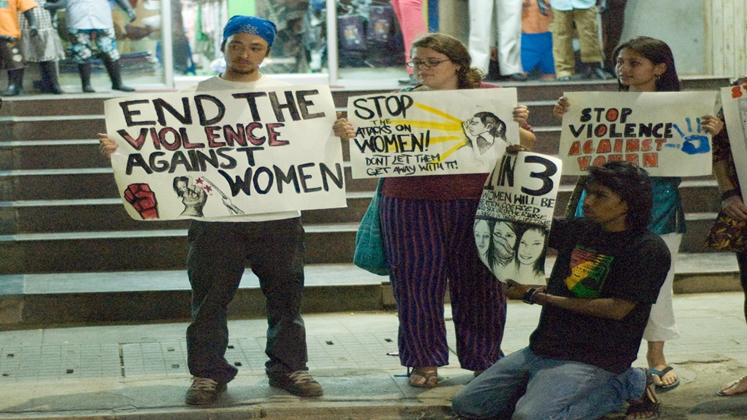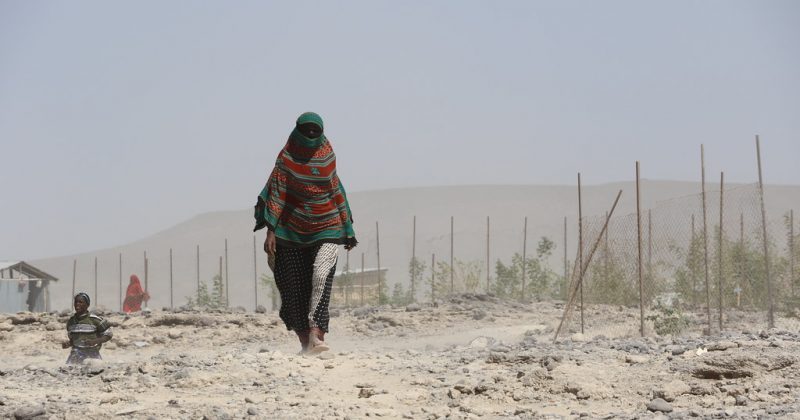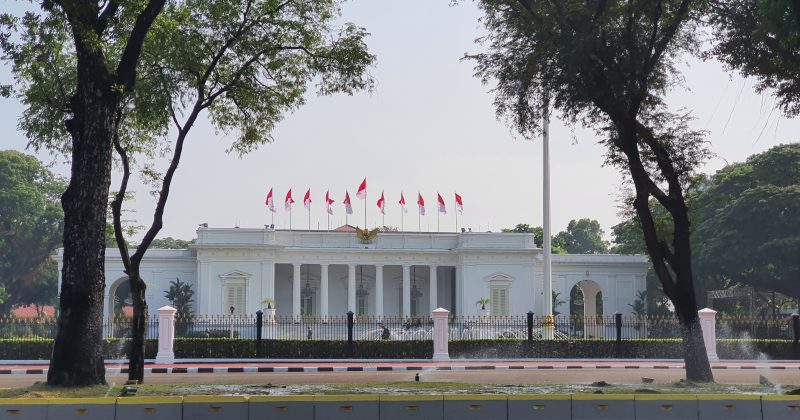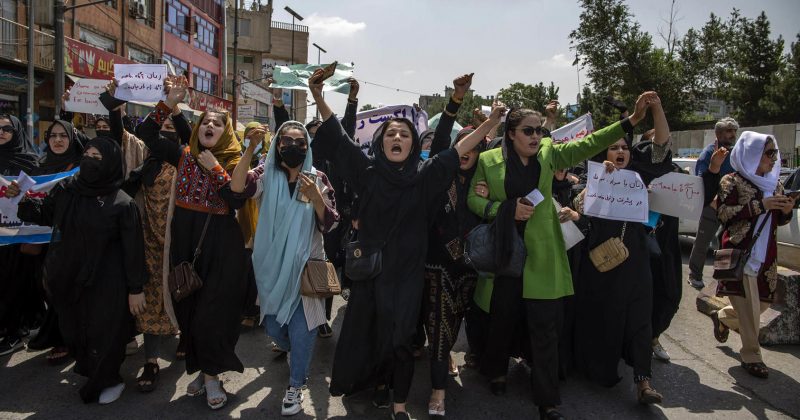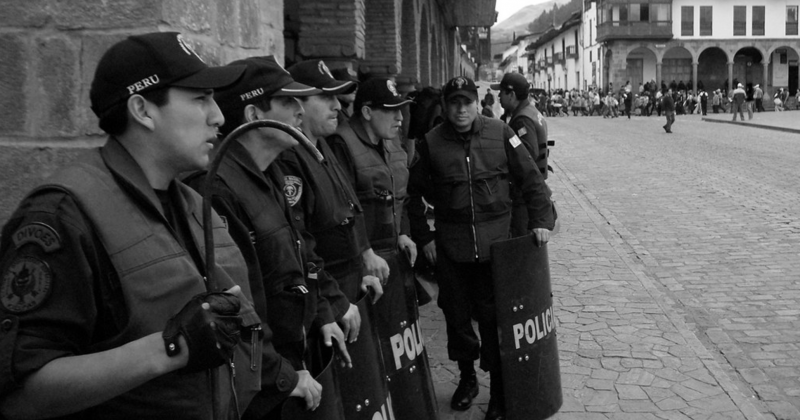
Dismantling Democratic Norms in an Unstable Peru
By Guest Writer Winston Ardoin
Image: "Protest in Cusco, Peru" by illuminaut is licensed under CC BY-NC 2.0.
Over the last decade, the concept of “democratic backsliding” has captured the attention of political scientists seeking to explain the unsettling increase in government overthrows and authoritarian behaviors around the world. In the Americas alone, several countries have faced democratic instability in recent years, from infamous cases like El Salvador and Venezuela to regional hegemons like Brazil and the United States. In retreating from democratic norms, states have begun institutionalizing authoritarian practices while further targeting political dissent by restricting rights and access to justice. In recent months, interim President Dina Boluarte and the Peruvian government’s response to political instability and nationwide protests exemplifies this worrisome trend.
2022-2023 Peruvian Protests & Government Response
Following the ousting of controversial leftist president Pedro Castillo in December 2022 succeeding an attempted power grab, thousands of Peruvians took to the streets. At its core, protesters’ demands have been primarily political, focused on new elections...



